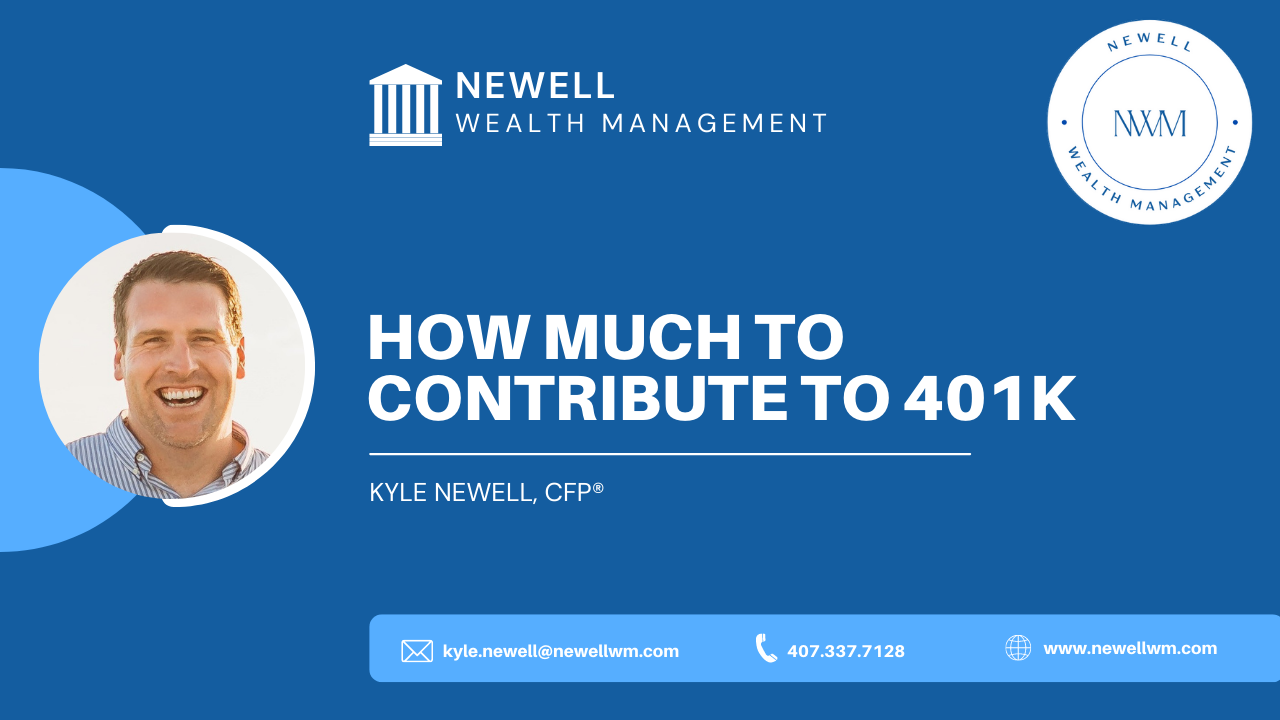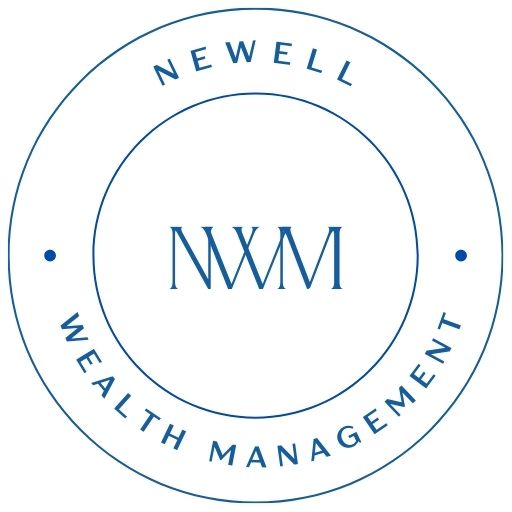How Much to Contribute to 401k?

David and I met the other day to discuss his financial situation. He recently got a promotion at work. On top of this he has a beautiful new baby daughter. His wife decided to stay home to help with the early years of raising their daughter. Naturally, a part of the conversation was how much to contribute to 401k. He also asked about the idea of maxing 401k.
David is an analytical guy, so we went through the various aspects of his financial life to come up with this number. Looking at his budget, looking at his taxes, looking at his objectives for retirement and even insurance coverages.

There are many so-called “experts” out there happy to give simple answers. Although they are simple, whether they are helpful is another question. Like David, I know you are smarter than accepting a “rule of thumb” at face value so will walk you through how I think about how much to contribute to 401k.
Maxing 401k:
Having worked with clients from all sorts of backgrounds and income levels, maxing 401k decisions come with varying degrees of considerations. Like most things in financial planning, how much money one makes and how much money one spends comes into play. Furthermore, current tax rates and estimated future tax rates are another component of how much to contribute to 401k. The investment options available within the 401k are to be weighed as well. Lastly, how much one already has saved and the probability of reaching various goals should be taken into consideration as well.
Income:
One of the main reasons I am not a fan of rules of thumb is because all of us are unique. Not one person’s situation is the same. I think those that espouse rules of thumb understand this, so rather than a dollar amount they provide a percentage to determine how much to contribute to 401k. Saying 15% seems like it will cover most people, no matter how much money they make.
Income though is a big factor in determining how much to contribute to 401k. One reason being that the higher income earner may be capped out of contributing that percentage at all. If one makes $200,000 per year, telling people to contribute 15% to their 401k makes no sense because they aren’t allowed to contribute that much.
Furthermore, lower income earners or those with a late start to savings 15% may be no where near enough for them to replace their income at retirement.
Expenses:
As the saying goes, “it is not what you earn, it is what you keep” – author unknown
Personal expenses weigh heavily on your ability to contribute to your 401k. The fact is, some people just can’t get there expenses down enough to get to that 15% rule of thumb many tout. They may not need to either depending on a whole host of other factors listed in this article.
Dr. Gary Crawford (a former Pastor at my old church) use to say “there are two things that tell you who you are, your calendar and your checkbook.” Meaning, your money tells a lot about who you are and what is important to you. Using a carte blanche rule of thumb takes this out of the question when it comes to how you spend your money.
I am a financial planner, of course I want people to be prepared for retirement.
I also know there is more to life than just money, so taking into the consideration of one’s overall priorities should help determine the amount they’re saving.
Assets:
Recently, I told a client they need to go spend some of their money. That’s right, me, a financial planner, told my clients to go spend some more money.
You see, they had done an incredible job of saving during their early years of work. Starting the careers near the dot com bubble and coming from parents that didn’t have a lot. They were frugal and intentional with their money.
Fast forward 20 years and with the market on their side, they had amassed quite a hefty nest egg. Not enough to retire right away, but enough to significantly reduce their savings into. Their kids were getting older, and they wanted to experience life but were nervous they needed to keep living frugally.
This is a classic example of how one’s assets might determine how much to contribute to 401k and whether maxing 401k is a smart decision. In this case, they decided to take their contributions down to their employer match because they were well positioned with what hey already saved.
Had they kept listening to the rule of thumb advice people are quick to give, they would’ve been left saving, having probably a ton of money once they retire, but left regretting not making memories with their kids.
Debts:
Investing 15% makes no sense if one is paying out 15-20% on credit card payments or personal loans. Sure, a case can be made on how to save when one has other debts such as student loans, car loans or a mortgage. Again though, 15% probably is not the best to contribute to your 401k if you are in debt, especially credit card debt.
Investment Options:
Having worked as a financial planner for over 10 years, the investment options vary widely within 401ks. From target date retirement funds, to company stock, to individual 401k mutual funds and many others. Needless to say, they are not all created equally. As such, understanding what your options are and if they are sound investments is another big determining factor of how much to contribute to 401k.
Taxes:
A 401k has several special tax provisions. Whether you use a traditional 401k or a Roth 401k can also impact these tax provisions. Furthermore, the taxes you plan to pay now versus where you think taxes might be when you need the money helps guide the decision of how much to contribute to 401k.
There might be a lot of guess work but history is also an indication of tax rates. Understanding the tax impact will help you decide how much or even if you want to contribute to your 401k.
I can think of several other options as well such as company match and whether or not you have other business endeavors that might also impact how much to contribute to 401k. I’ll leave those for another time though.
Important Information
Newell Wealth Management, LLC (“NWM”) is a registered investment advisor offering advisory services in the State of FL and in other jurisdictions where exempted. Registration does not imply a certain level of skill or training. The presence of this website on the Internet shall not be directly or indirectly interpreted as a solicitation of investment advisory services to persons of another jurisdiction unless otherwise permitted by statute. Follow-up or individualized responses to consumers in a particular state by NWM in the rendering of personalized investment advice for compensation shall not be made without our first complying with jurisdiction requirements or pursuant an applicable state exemption.
All written content on this site is for information purposes only and is not intended to provide specific advice or recommendations for any individual. Opinions expressed herein are solely those of NWM, unless otherwise specifically cited. Kyle Newell and NWM are neither an attorney nor an accountant, and no portion of this website content should be interpreted as legal, accounting or tax advice. Material presented is believed to be from reliable sources and no representations are made by our firm as to other parties’ informational accuracy or completeness. There is no assurance that the views or strategies discussed are suitable for all investors or will yield positive outcomes. Investment involves risks including possible loss of principal and unless otherwise stated, are not guaranteed. Any economic forecasts set forth may not develop as predicted and are subject to change. All information or ideas provided should be discussed in detail with an advisor, accountant or legal counsel prior to implementation.
